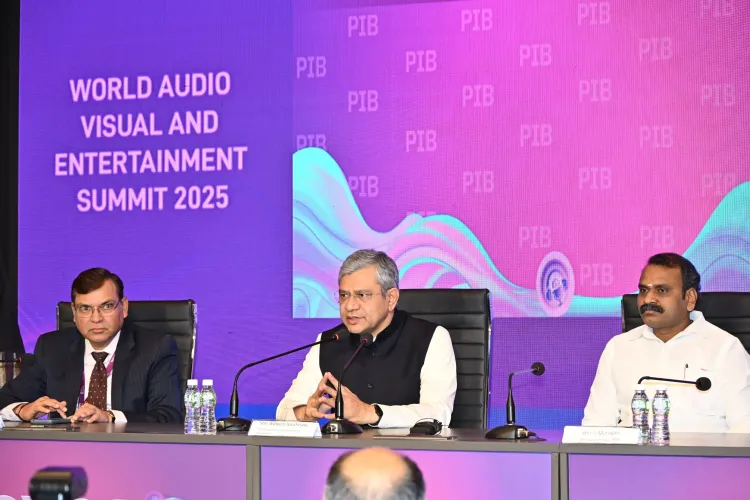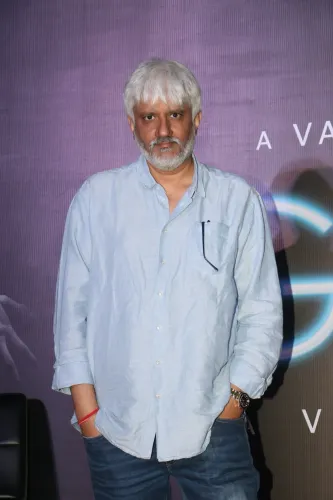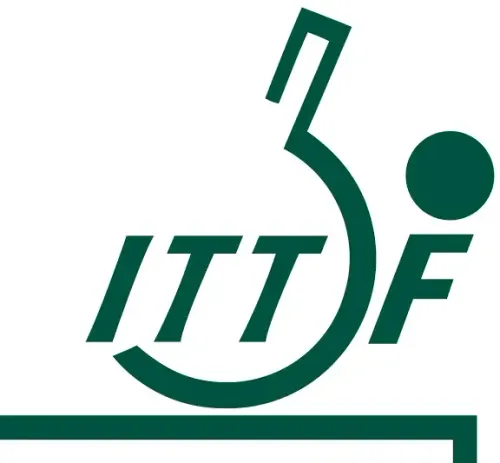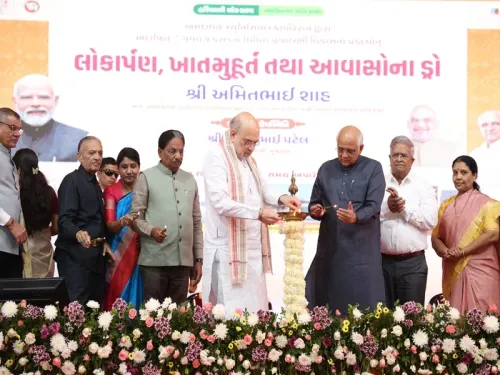What New Partnerships is the Ministry of I&B Forming for IICT?

Synopsis
Key Takeaways
- Strategic partnerships with leading global companies.
- Focus on curriculum development and student internships.
- IICT modeled after IITs and IIMs for world-class education.
- Alignment with India’s vision for global leadership in media.
- Long-term growth and sustainability in the AVGC-XR sector.
Mumbai, May 3 (NationPress) - As part of its collaboration with FICCI and CII, the Ministry of Information and Broadcasting has unveiled key private sector partnerships for the Indian Institute of Creative Technology (IICT).
Several prominent companies, including JioStar, Adobe, Google & YouTube, Meta, Wacom, Microsoft, and Nvidia, have committed to long-term collaborations.
The Union Minister of Information and Broadcasting, Ashwini Vaishnaw, stated that this initiative aims to meet the increasing demand for top-tier infrastructure and talent in India’s rapidly expanding digital content and immersive technology sectors.
The agreements were signed in the presence of Minister of State L Murugan and Secretary of Information and Broadcasting Sanjay Jaju.
According to the minister, IICT will adopt a model similar to that of the IITs and IIMs in India, aiming to evolve into a comprehensive world-class education and training institution for students aspiring to work in the AVGC-XR sector.
While discussing the initiative, Ashwini Vaishnaw remarked, “We have embarked on a completely innovative journey in the film and entertainment landscape. This initiative aligns with our Prime Minister's vision that India can assume a global leadership role in the media and entertainment arena.”
The minister expressed gratitude to industry partners for their willingness to collaborate, announcing that leading global firms will assist IICT in areas such as curriculum development, internships, scholarships, startup funding, and job placements.
“I extend my heartfelt thanks to all industry partners and their senior management with whom I have discussed this initiative. They will play a pivotal role in shaping this institution and fostering long-term growth. I envision IICT evolving into a significant educational infrastructure for the AVGC-XR sector. We will implement the same framework established for our IITs and IIMs to create a world-class institution,” the minister added.










